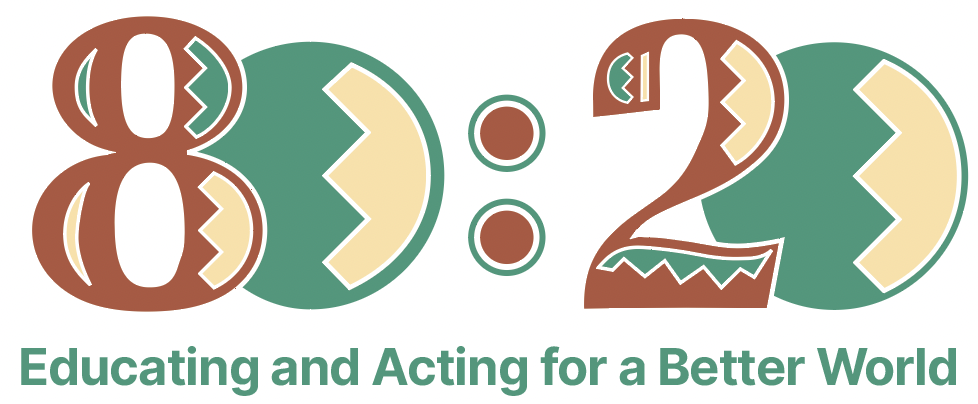Workshop 15th Feb: Catch Them If You Can
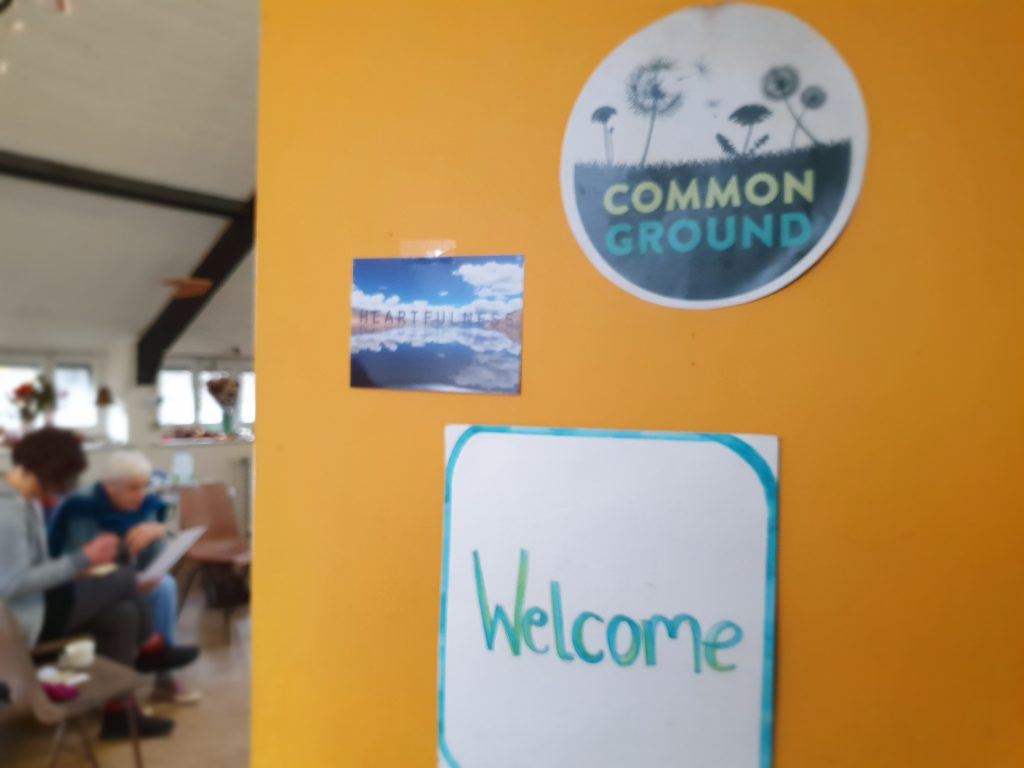
Join us for an interactive workshop to learn and co-collaborate and on designing responses to global finance and radical inequalities!
Event Sept 29th: Food Stories at Bray Literary Festival 2019
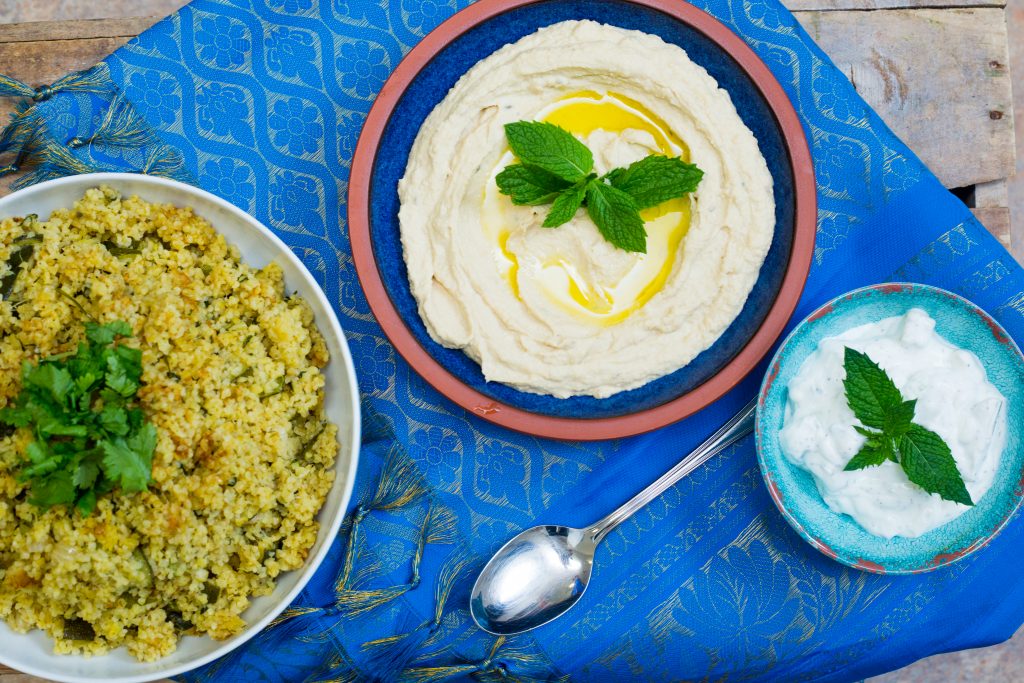
Join us at the Bray Literary Festival 2019 in welcoming local direct provision residents to chat about food stories and food journeys, as well as sampling some food in the Harbour Bar, Bray.
5th Anniversary of the entry into force of Istanbul Convention
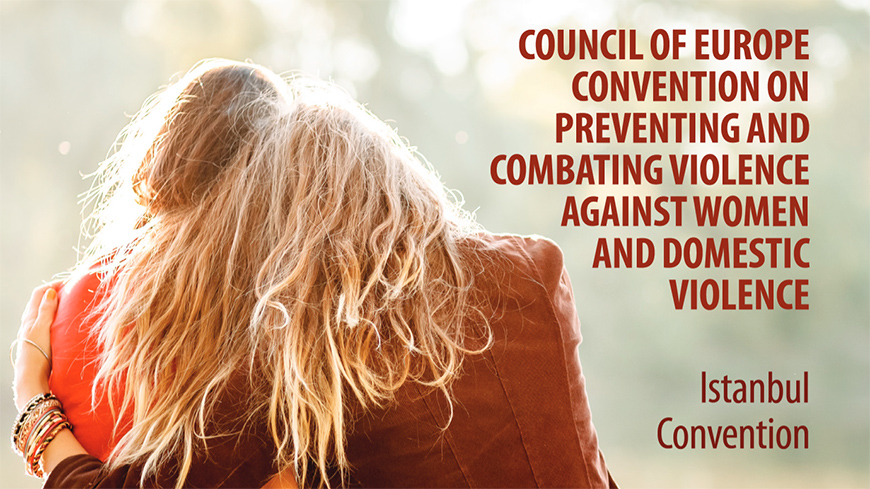
80:20 joined other members of the EuroMed Rights Network in reflecting on what the Istanbul Convention on preventing and combating violence against women means for them, marking the 5th anniversary of the Convention’s entry into force.
Event July 10th: Calling all geographers – world hunger & junior cycle resource update
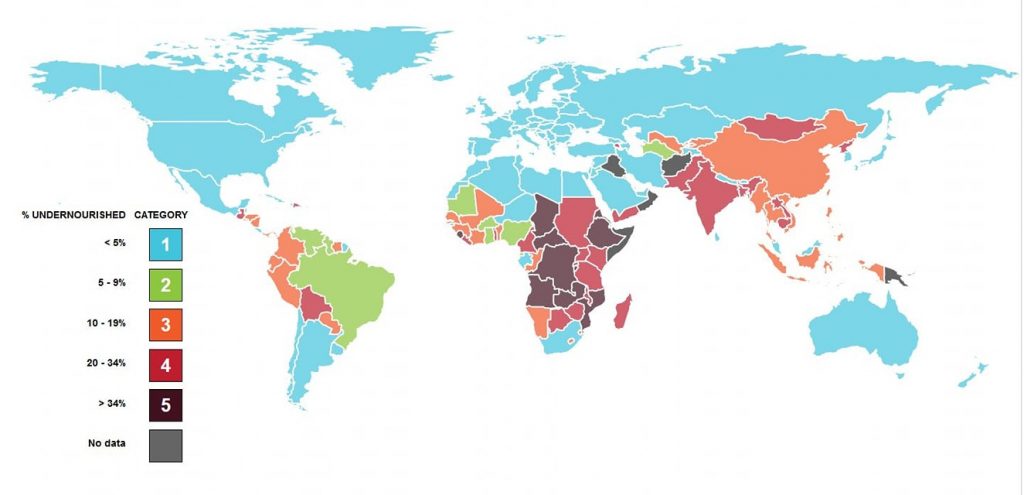
Geographers – we need your help! Join us for a 2-hour workshop reviewing the Living in the Hallow of Plenty activities and ‘hunger map’, produced in 2013 with AGTI members with a focus on hunger, poverty and waste. Details: Date: July 10, 2019 Time: 10am – 12 Event address: Concern Worldwide, 52–55 Lower Camden Street, […]
The Change Lab 2019: What does it mean to create and shape art and design curriculum for the 21st century learner?
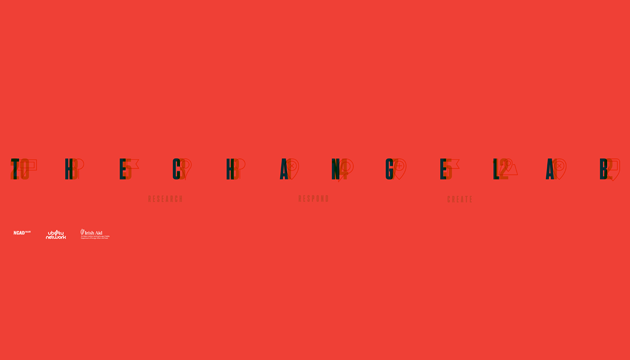
The Change Lab is a critical space for learning, thinking and re-imagining the possibilities of how art and design curriculum in second level can be taught through a development education lens
Loreto Bray and 80:20 launch ‘Use Your Art to End Gender Inequality’ poster series
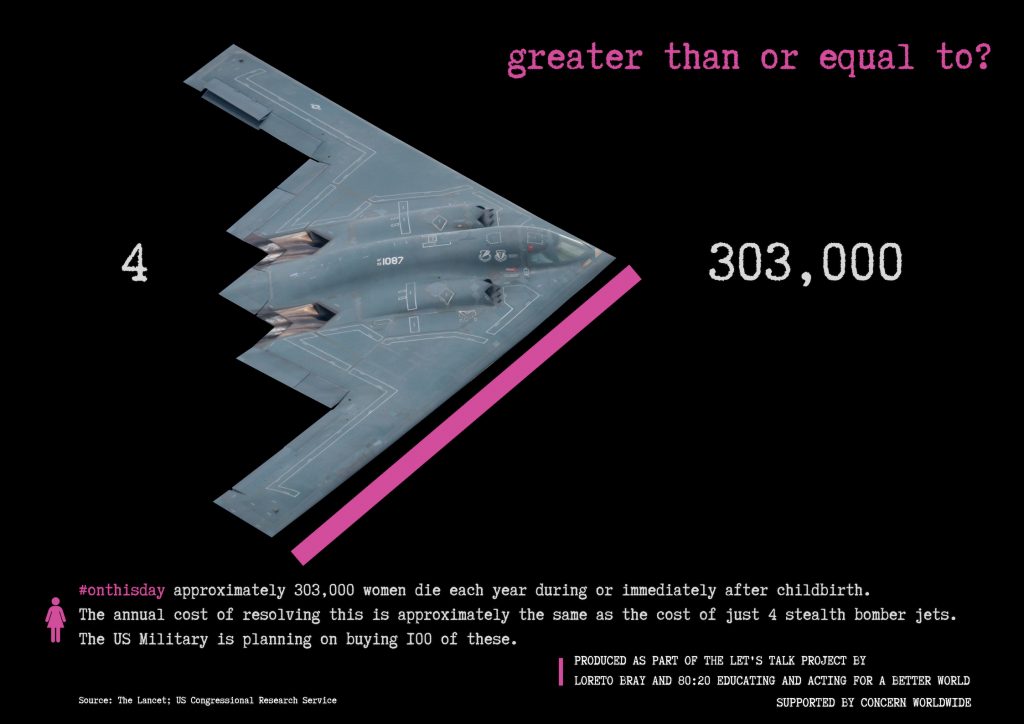
Press release: Thirty-six students from the Loreto Bray Peace and Justice group, in conjunction with 80:20, are launching a poster art series on International Women’s Day 2019 on the themes of women’s rights and ‘on this day’ historical events.
Event: Launch of women’s rights poster series on International Women’s Day 8th March
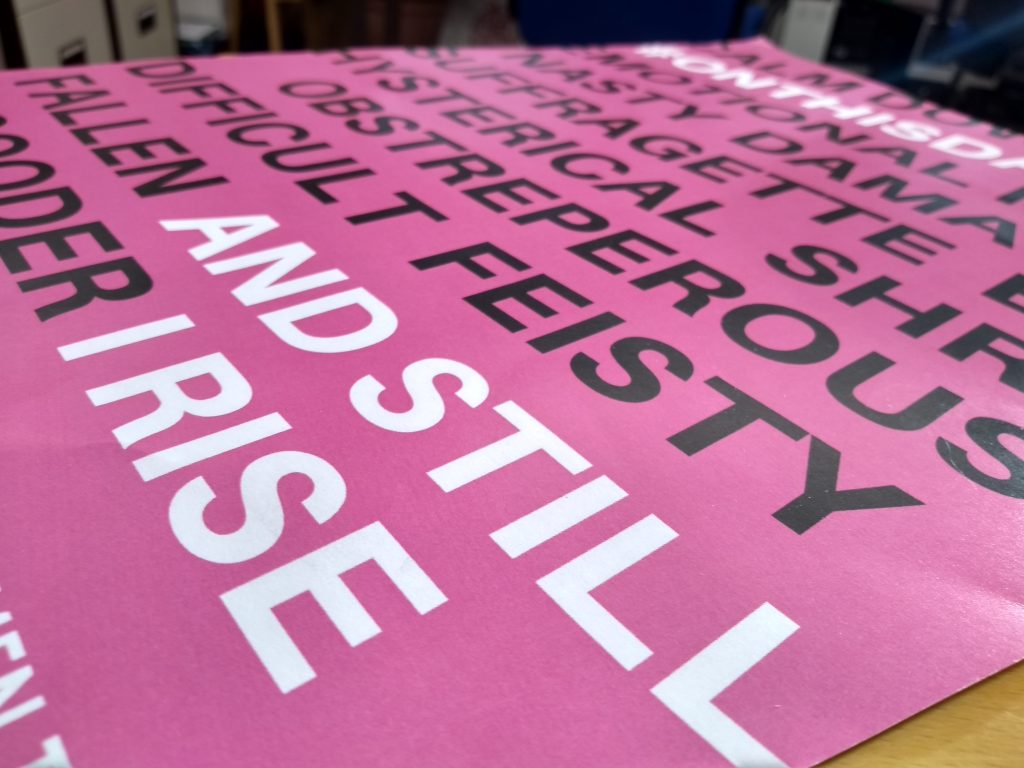
Join us to launch the #OnThisDay Women’s Rights Are Human Rights poster series on International Women’s Day, 8th March 2019 in Bray Library, Bray, Co. Wicklow.
Event: National Tutors’ Forum 2019: Transformation through learning
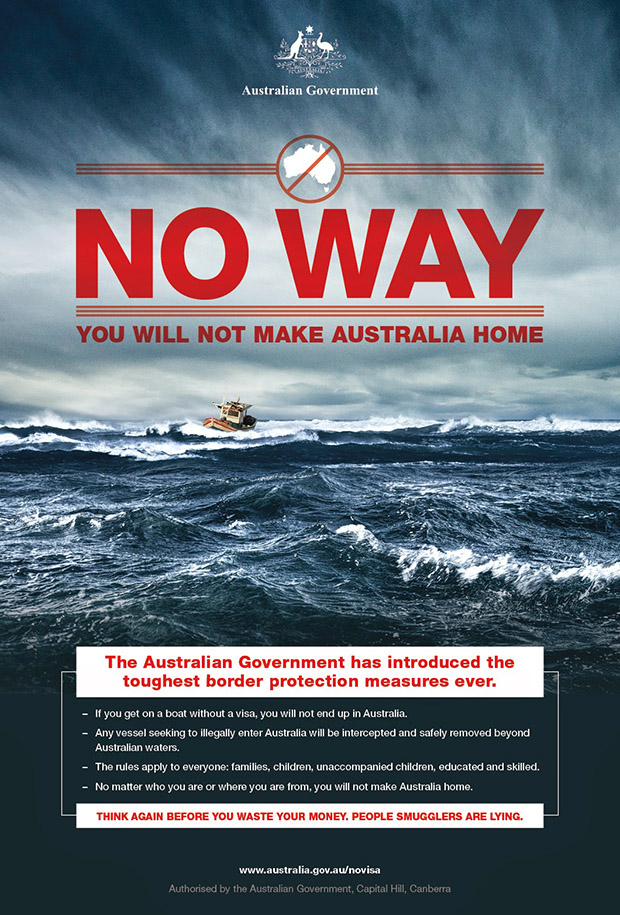
Join us at the 2019 National Forum for Adult Literacy Tutors organisd by NALA, which will focus on the process of transformation from different perspectives.
Workshop 29 Aug 2018: Getting beyond the click – tackling fake news through human rights education
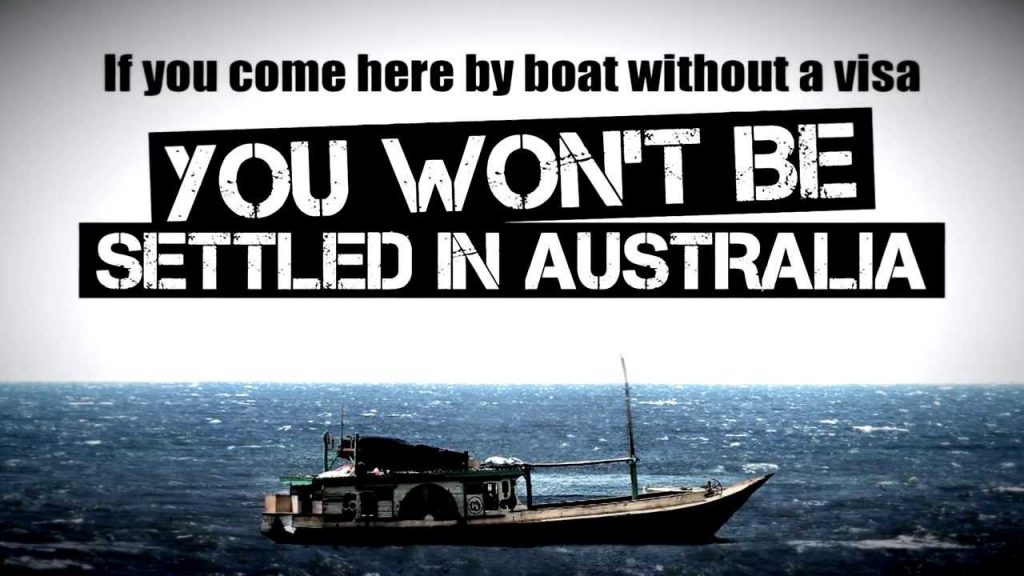
Join us for Getting beyond the click – a workshop on tackling fake news through human rights education, Wednesday, 29 August 2018, 11.00am-1.00pm, in the IDEA office
‘Does anyone know what happened in Australia on January 26th 1788?’
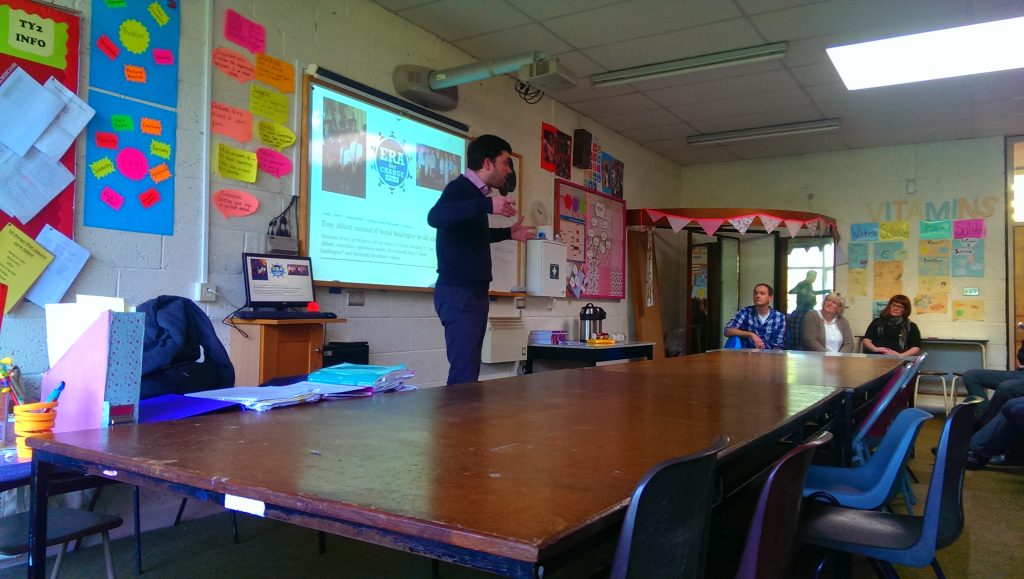
30 students from Woodbrook College, Presentation College Bray and Loreto Secondary School Bray took part in a joint workshop at Loreto on November 16th, exploring Aboriginal affairs, migration and issues from an Australian context led by Dom Ofner of the Edmund Rice Centre, Sydney.
